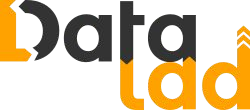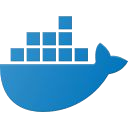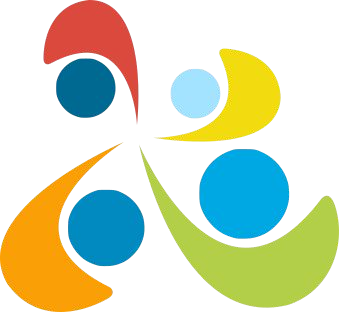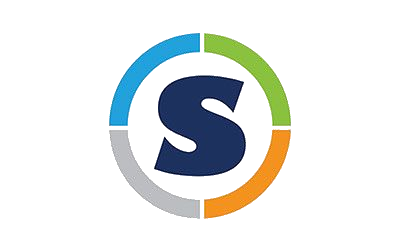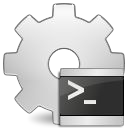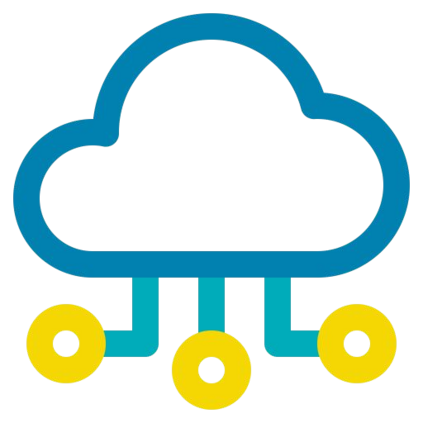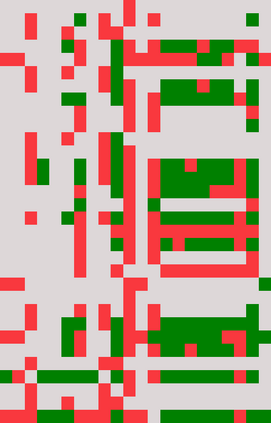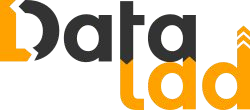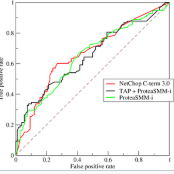Scientific datasets and analysis pipelines are increasingly being shared publicly in the interest of open science. However, mechanisms are lacking to reliably identify which pipelines and datasets can appropriately be used together. Given the increasing number of high-quality public datasets and pipelines, this lack of clear compatibility threatens the findability and reusability of these resources. We investigate the feasibility of a collaborative filtering system to recommend pipelines and datasets based on provenance records from previous executions. We evaluate our system using datasets and pipelines extracted from the Canadian Open Neuroscience Platform, a national initiative for open neuroscience. The recommendations provided by our system (AUC$=0.83$) are significantly better than chance and outperform recommendations made by domain experts using their previous knowledge as well as pipeline and dataset descriptions (AUC$=0.63$). In particular, domain experts often neglect low-level technical aspects of a pipeline-dataset interaction, such as the level of pre-processing, which are captured by a provenance-based system. We conclude that provenance-based pipeline and dataset recommenders are feasible and beneficial to the sharing and usage of open-science resources. Future work will focus on the collection of more comprehensive provenance traces, and on deploying the system in production.
翻译:由于高质量的公共数据集和管道数量不断增加,这种明显不兼容的情况威胁到这些资源的可找到性和可重新使用性; 我们调查协作过滤系统的可行性,以根据以往处决的出处记录建议管道和数据集; 我们利用从开业神经科学国家举措 -- -- 加拿大开放神经科学平台 -- -- 提取的数据集和管道来评估我们的系统; 我们的结论是,基于开业神经科学的国家举措 -- -- 的开业神经科学平台 -- -- 提供的管道和建议(AUC$=0.83美元)远远胜过使用其先前知识以及使用管道和数据集说明的域专家提出的机遇和不完善建议(AUC$=0.63美元); 特别是,域专家往往忽视管道-数据互动的低层次技术方面,例如通过开业系统收集的预处理水平; 我们的结论是,基于开业管道和数据集的建议(AUC=0.83美元)比域专家利用其以往知识以及管道和数据集描述提出的机遇和不完善的建议(AUC=0.63美元); 特别是,域专家往往忽视管道-数据集互动的低级技术方面,例如预处理水平,而以开业系统获取的处理水平。 我们得出结论认为,基于开业系统的重点将更有利于分享和使用开世资源。

